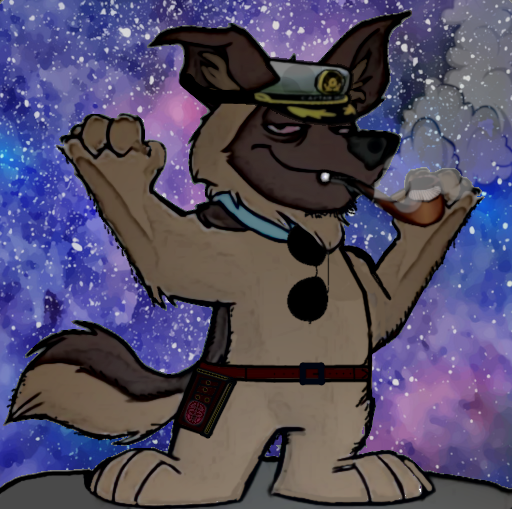Those who study history are doomed to watch it repeated by others.
The PETM wasn’t so bad, and neither was the Cretaceous hothouse Earth. Paleontology gives me the perspective needed to know that we’re not all going to die even in the worst-case scenario.
Yeah I’m sure the rich and powerful will be a-ok in their bunkers while the rest of us burn, drown, and fight over the last remaining resources.
Bunkers? Burn? The air will still be breathable and the temperature will still be within the livable range. Global warming is a big problem, but it isn’t going to turn the planet into an uninhabitable wasteland, just as it didn’t during the multiple times in the past when it happened naturally.
deleted by creator
We’re already seeing an increase in natural disasters, with various areas experiencing floods, draughts or wildfires that didn’t use to have them.
This alone leads to political conflicts in those areas, but also leads to mass emigrations, ultimately causing the politicalegoistsright in unaffected areas being strengthened, which could at its worst lead to another Nazi uprising, world war etc…I do also think that humanity as a whole will survive (that is, if we don’t obliterate the ecosystems sustaining our lives, like e.g. pollinators). But our current life style of 8 billion people across all areas of Earth may not be sustainable anymore, which does mean the more privileged will be fine, others not.
Well the increased wildfires will certainly burn you.
Honestly this is my perspective too. Not saying bad times are good, but that history shows us many different times periods and of wide variety of environmental conditions.
Honestly, there are a lot of places that the climate could go and none of them are good for us. Human history had already begun and we were still in the midst of an ice age which, if we had the same sort of ice age today would wipe out half of the countries on the planet. We’ve also had warmer periods, and they ended up making the center of the supercontinents that existed at the time completely uninhabitable because water just wasn’t making it over there.
Looking at things from geographical scales makes you realize how ephemeral a lot of the things that we consider to be important to be. If we plan to Forest today, over geographical time. It will grow, die, decompose into co2, and grow again and there won’t even be a big impact on the geographical record not like the carboniferous period. On the other hand, sedimentary rock makes up entire mountains, and represents life taking unimaginable amounts of CO2 out of the atmosphere, binding it up with minerals like calcium, and that carbon precipitating onto the ocean bed over millions of years.
The dominant species on Earth didn’t alway survived these events, but even when the ice age after the oxygen catastrophe turns the entire globe into an ice cube, 10% of Life survived and went on to become everything.
So besides the lesson that we can change the world for the worst, I think we need to be thinking about how we can make sure our species is resilient because another ice age will come. It’s inevitable. There may be another time that we pulled too much carbon out of the atmosphere, that could come too. There are so many things that we need to be worrying about and instead we focus on one problem. I really think that that’s human nature.
The good thing about most of those things is that they take a very long time to happen, so we have a very long time to respond. Climate change, by comparison to the natural cycles is happening very quickly since we let it get so out of hand.
We are currently in the 6th mass extinction event in the history of the planet Earth. 🙂
Thankfully the earth is a self-stabilizing system. Unfortunately it takes a few million years for the natural carbon cycle to reach equilibrium from a swing out point such as this.
Is it actually self-stabilizing though? Or I guess it depends what you mean by that. AFAIK the earth has been in many different stages lasting for long times, changing from one to the other due to various factors. But it’s unlikely earth will return to a pre-industrial state, even after millions of years, especially if we keep emitting CO2, I believe.
But if you just mean that a new plateau will be reached eventually, then sure, a mass extinction will still happen though.
CO2 usually stabilises within tens of millions of years and would probably go back to a pre industrial level.
If the earth enters a state where most of the water is locked up in glaciers (‘snowball earth’), then it is unlikely that it will be able to exit it. Similarly, if it becomes too hot, it is again unlikely that it will return to what it is now. The earth can handle small disturbances in CO2 / temp, but a sufficiently large swing can lock us into one of the extreme situations.
True, however there were extinctions caused by far larger increases in CO2 than we have today and it didn’t happen. So at this moment it does not seem likely that we will achieve it this time.




